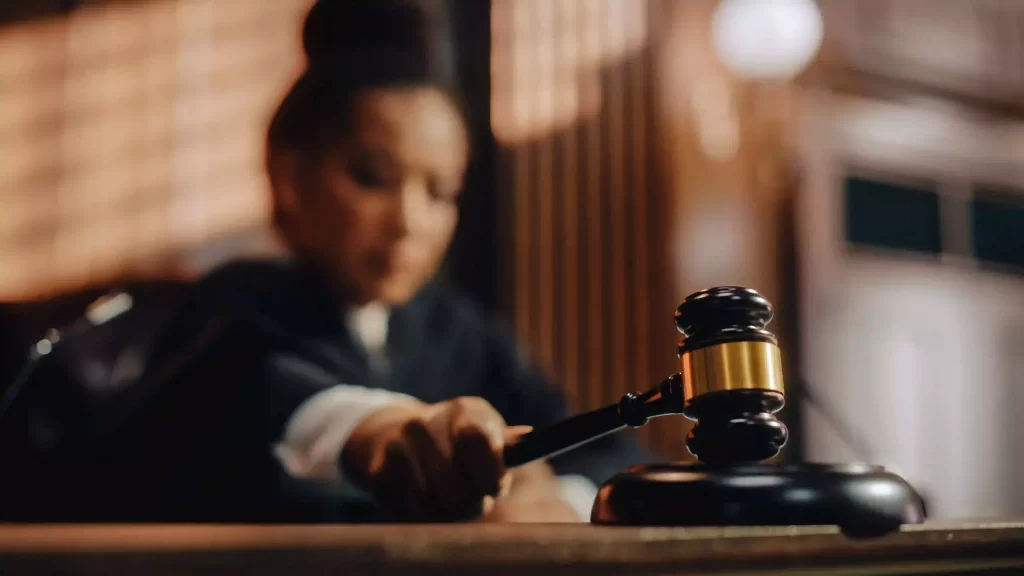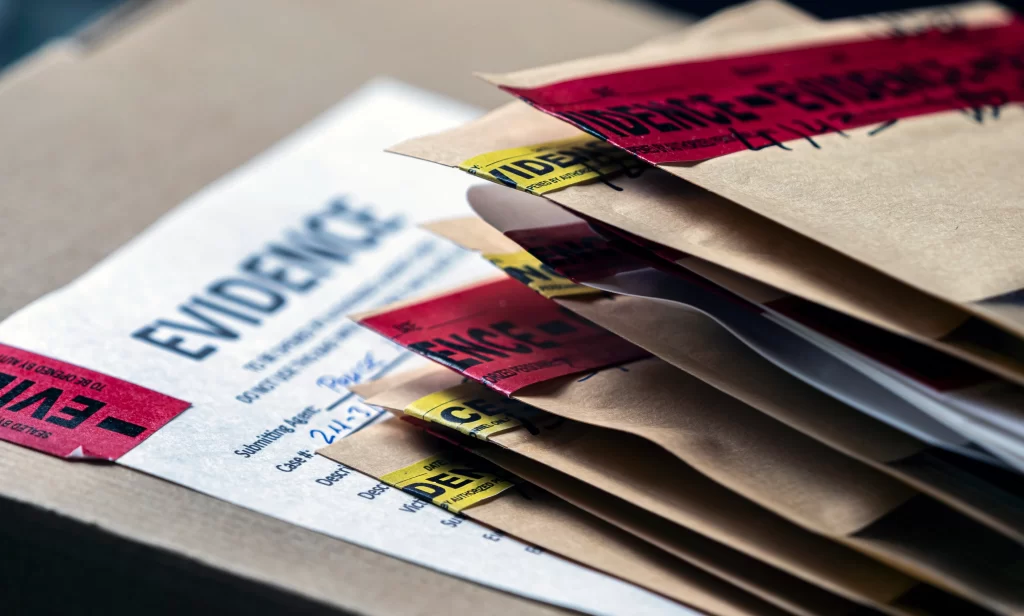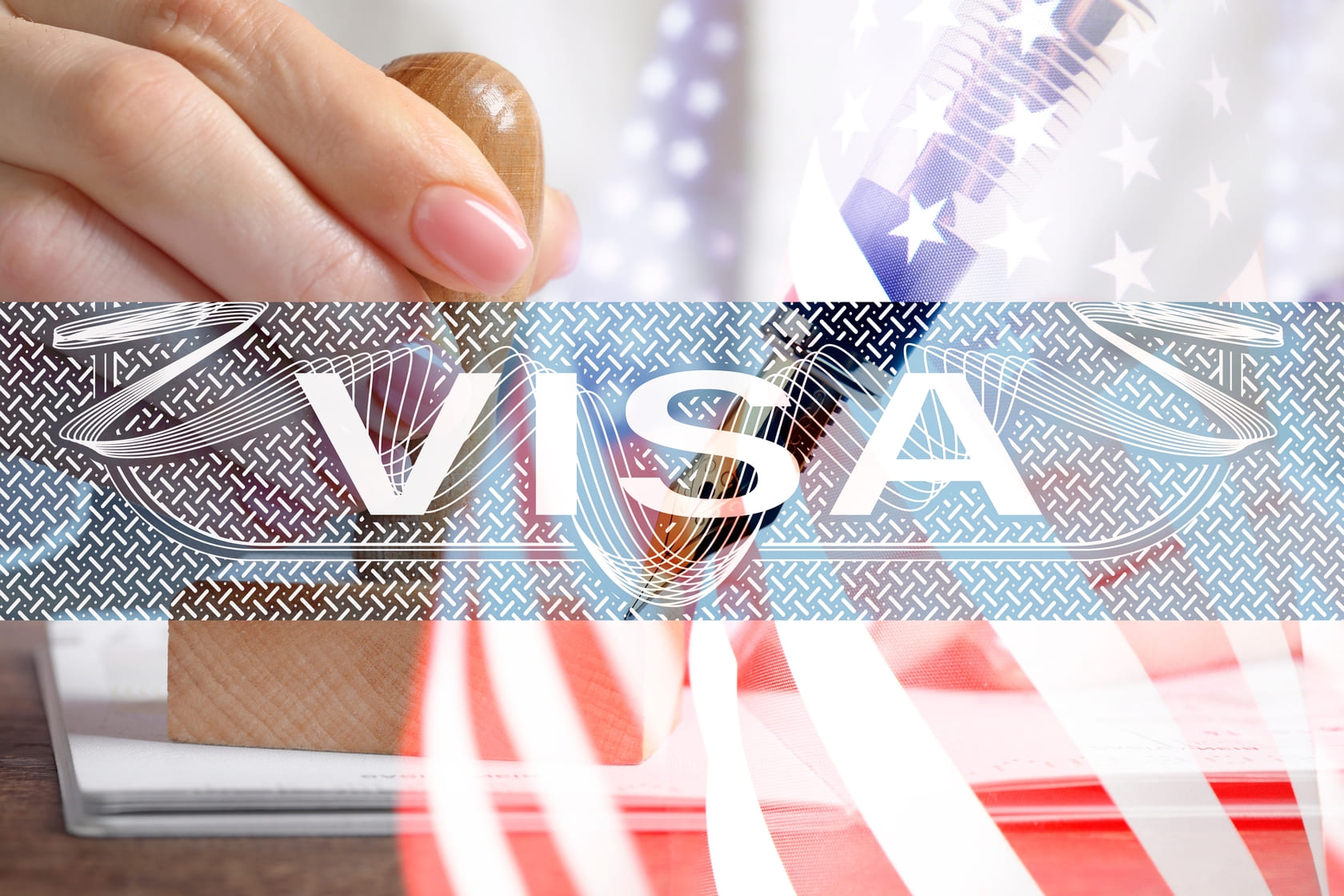Blog
Related Articles

Vawa Visa
How to become a legal immigrant when having crimes on the record?
Recently, our founder, attorney Maria Mendoza, won a case for a client who had committed several cri...
 María Mendoza
María Mendoza
Published: August 11, 2023

Vawa Visa
What kind of evidence can be used to win a VAWA case?
VAWA offers the opportunity to get work permission and a migratory status that can take you up to pe...
 María Mendoza
María Mendoza
Published: February 14, 2023

Vawa Visa
What happens during an interview of a VAWA law based case?
How to obtain permanent residence through VAWA? VAWA visa can give the way to regularize migr...
 María Mendoza
María Mendoza
Published: August 16, 2023

Vawa Visa
How to become US citizen or legal resident without your spouse’s help?
A person may stay married under threats of not receiving help to become lawful or not being let to a...
 María Mendoza
María Mendoza
Published: January 23, 2023

Vawa Visa
The reality about the VAWA Visa: how to qualify, myths, risks, and considerations
Mi gente, today I want to talk to you about a crucial topic, a pathway that can help many people reg...
 María Mendoza
María Mendoza
Published: October 30, 2024